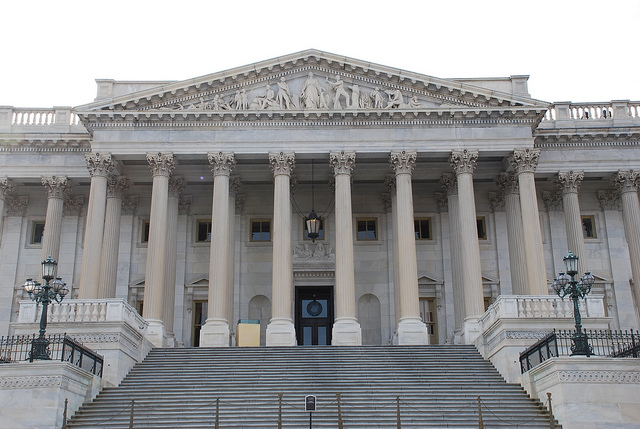“Wash. becomes 42nd state to allow charter schools”
by Donna Gordon Blankinship
Associated Press
November 12, 2012
Washington voters have narrowly approved an initiative that clears the way for up to 40 charter schools to be opened in the state over the next five years.
Initiative 1240 has clung to a narrow lead as more ballots were counted following last week’s election.
This is the fourth time the proposal has been on the ballot in Washington state, where voters rejected charter schools in 1996, 2000 and 2004.
Supporters say the charter proposal would offer new choices for struggling kids and their families. Opponents say charters have a mixed track record in other states and they would take away money from regular public schools.
Proponents of charter schools raised more than $10 million to promote the idea, including $3 million from Microsoft co-founder Bill Gates.
Washington becomes the 42nd state to allow the public independent schools.
“This is really another signal from voters that they want more options and faster change from our public education system,” said Shannon Campion, executive director of the Washington chapter of Stand for Children, one of the groups supporting the initiative.
Under the terms of the initiative, any nonprofit organization could start a charter school in Washington if their plan is approved by either a new statewide commission or by a local school board that has been authorized by the state school board to approve charter schools.
The schools would need to be free and open to all students just like traditional public schools. They would receive public funding based on student enrollment, just like other schools. But public charter schools would be exempt from some state regulations, including some of the rules regarding the hiring and firing of teachers.











